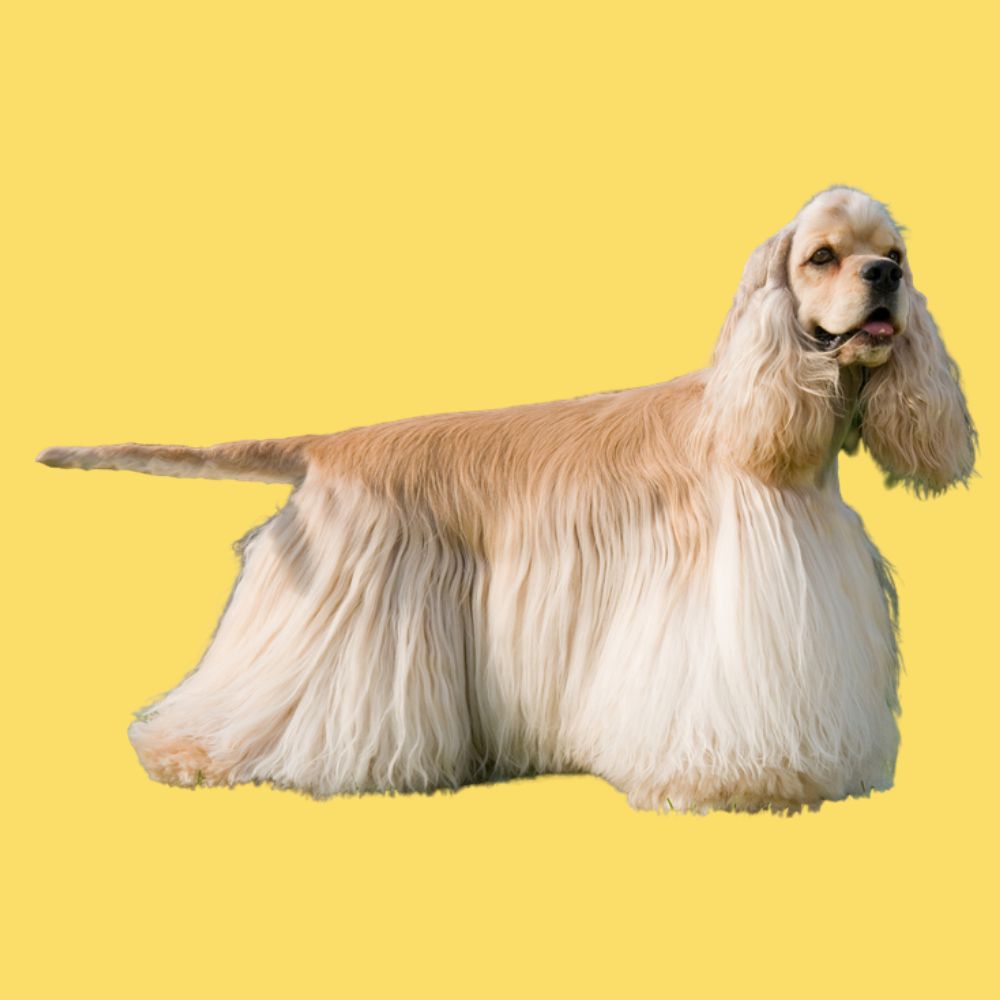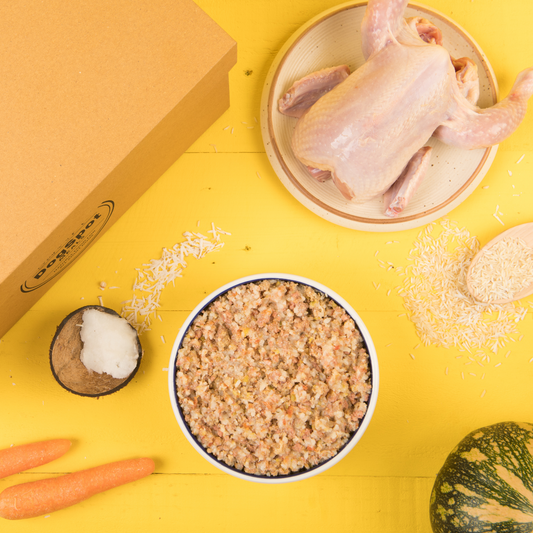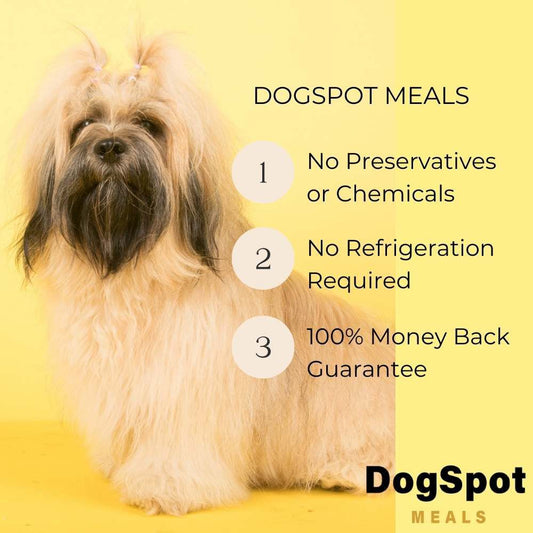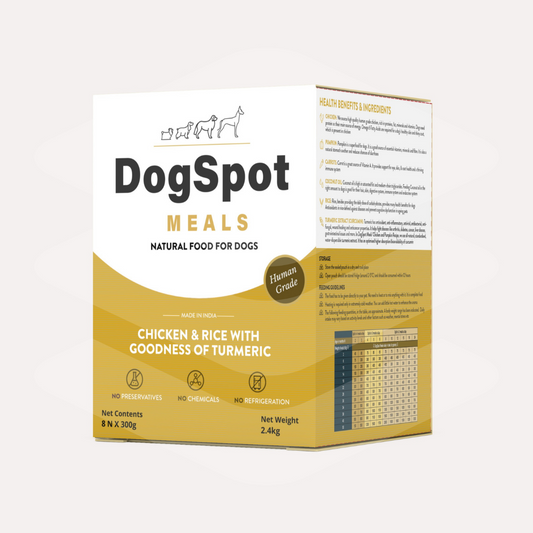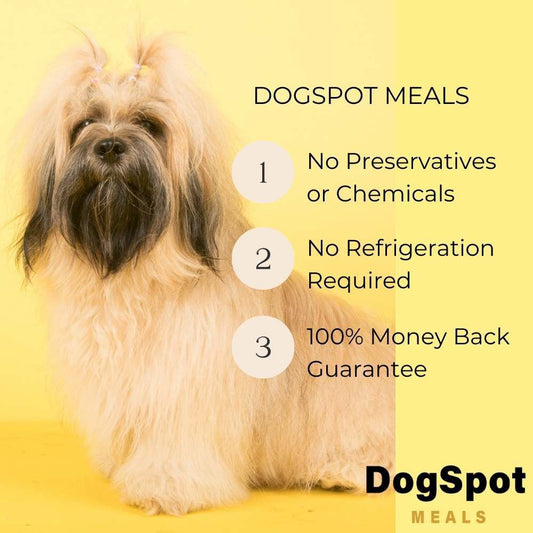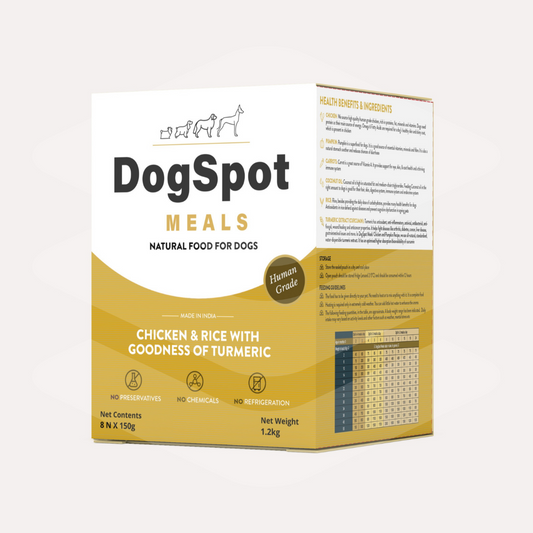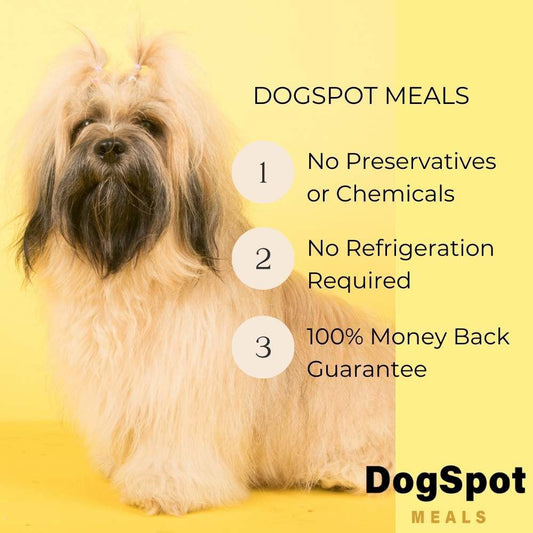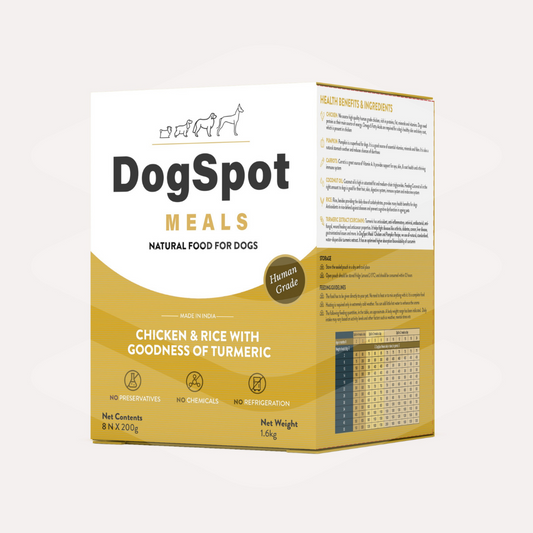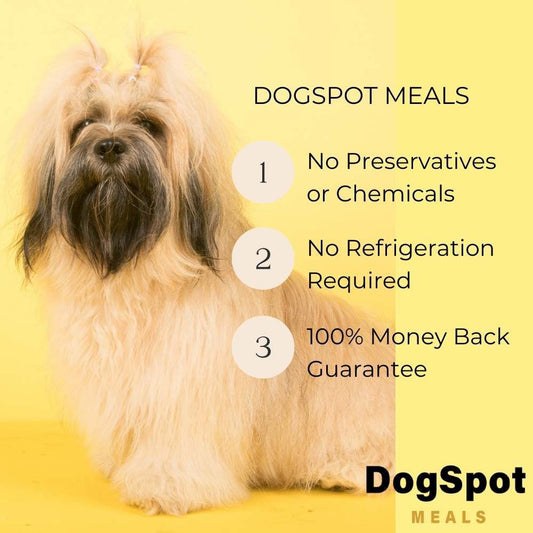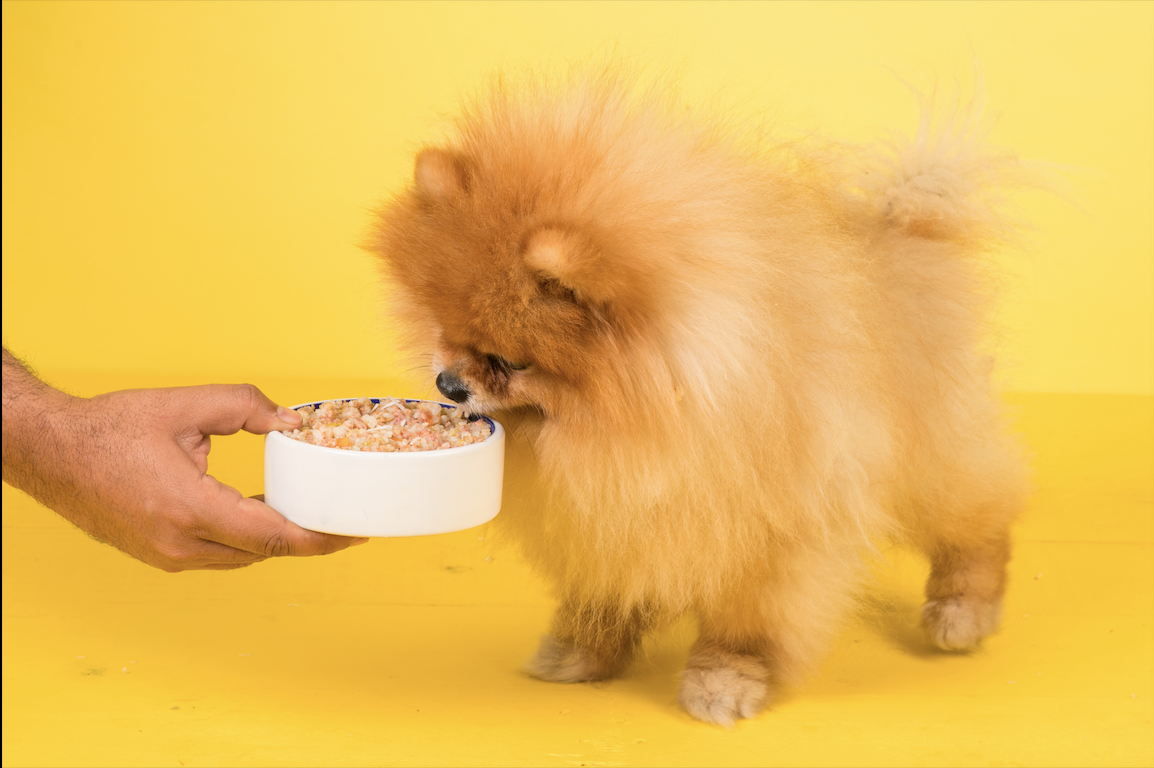
Healthy Food for Every Dog
No Preservatives or Chemicals
No Refrigeration Required
Human Grade
Free Shipping
30% OFF on your first order. Use Coupon code DSM30
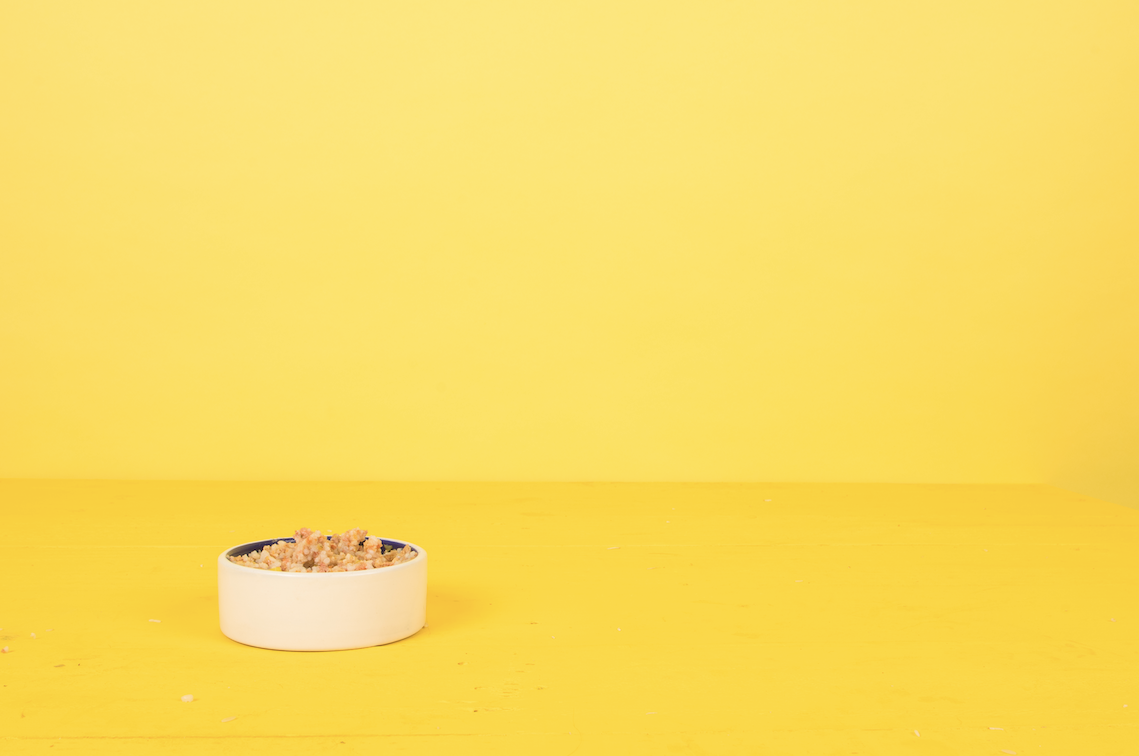
Collections
-

Indie Special
DogSpot Meals is super convenient for you to serve it to your...
Featured Recipe
-
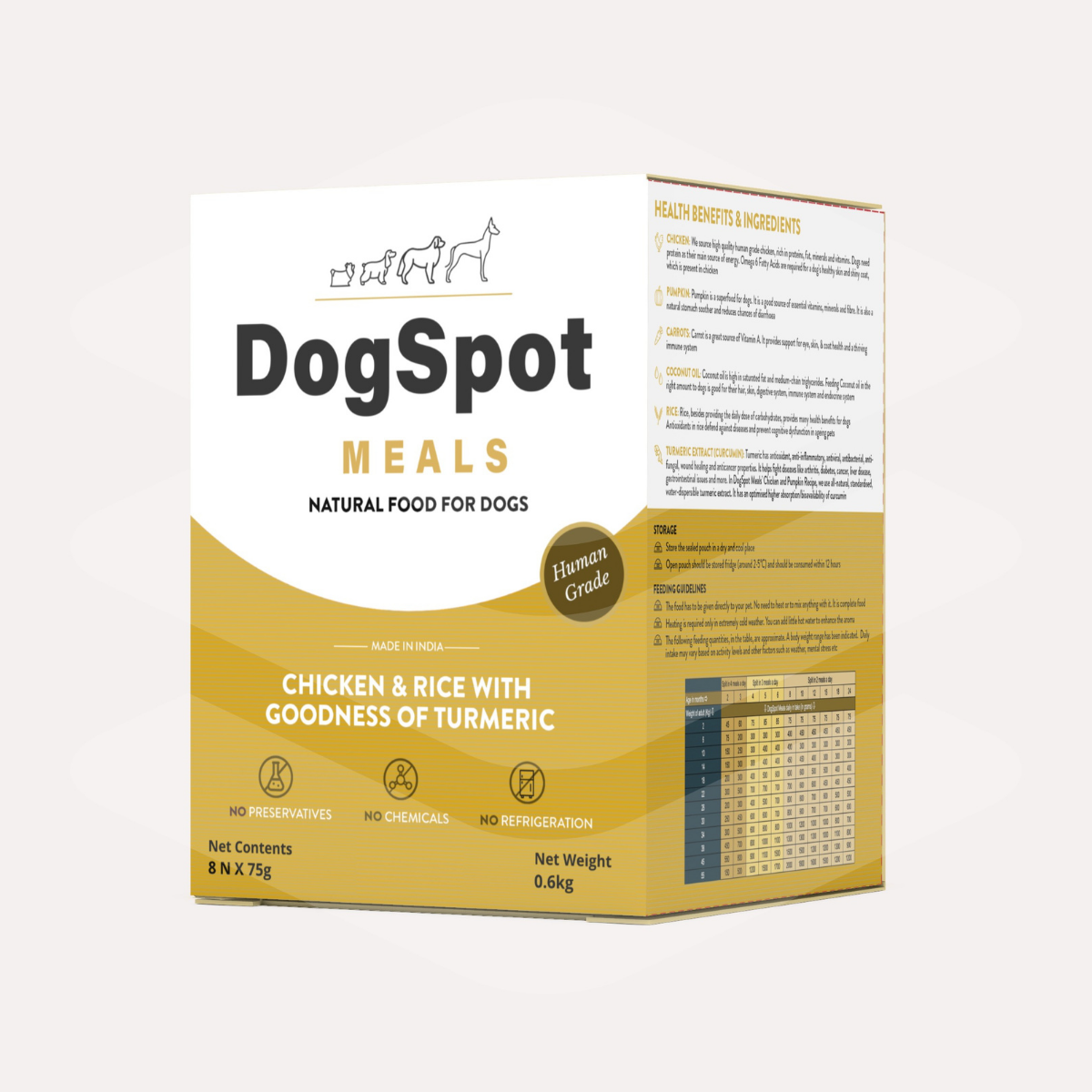
Chicken and Rice
-
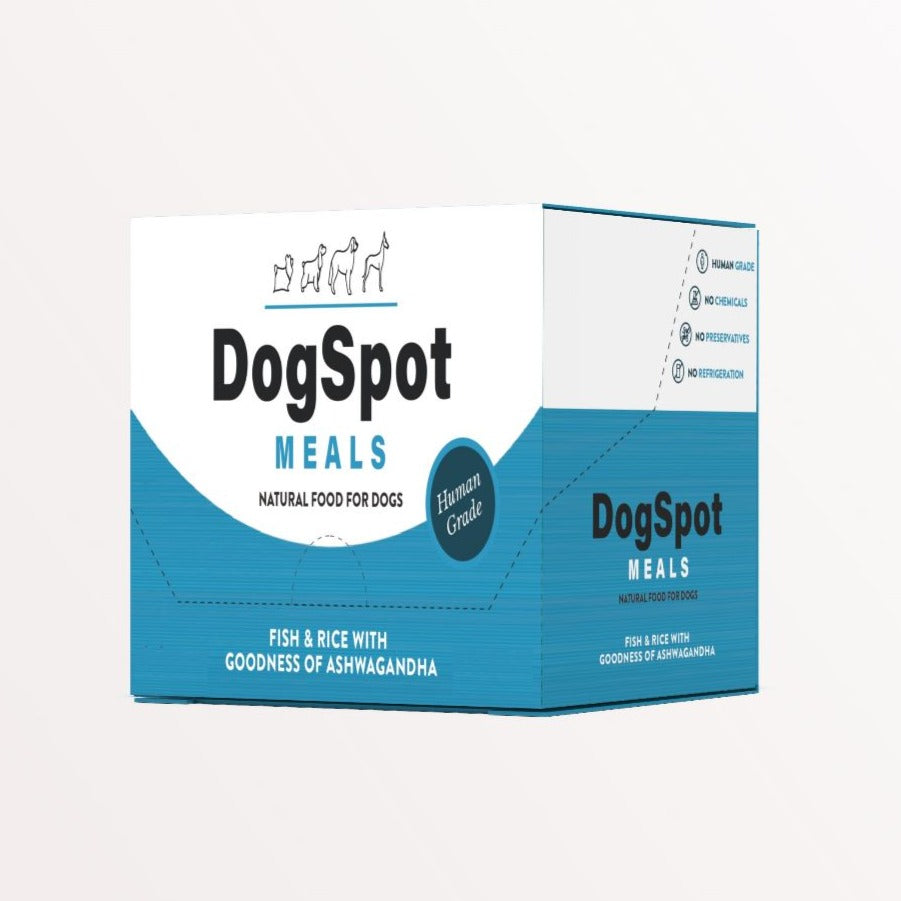
Fish and Rice
-
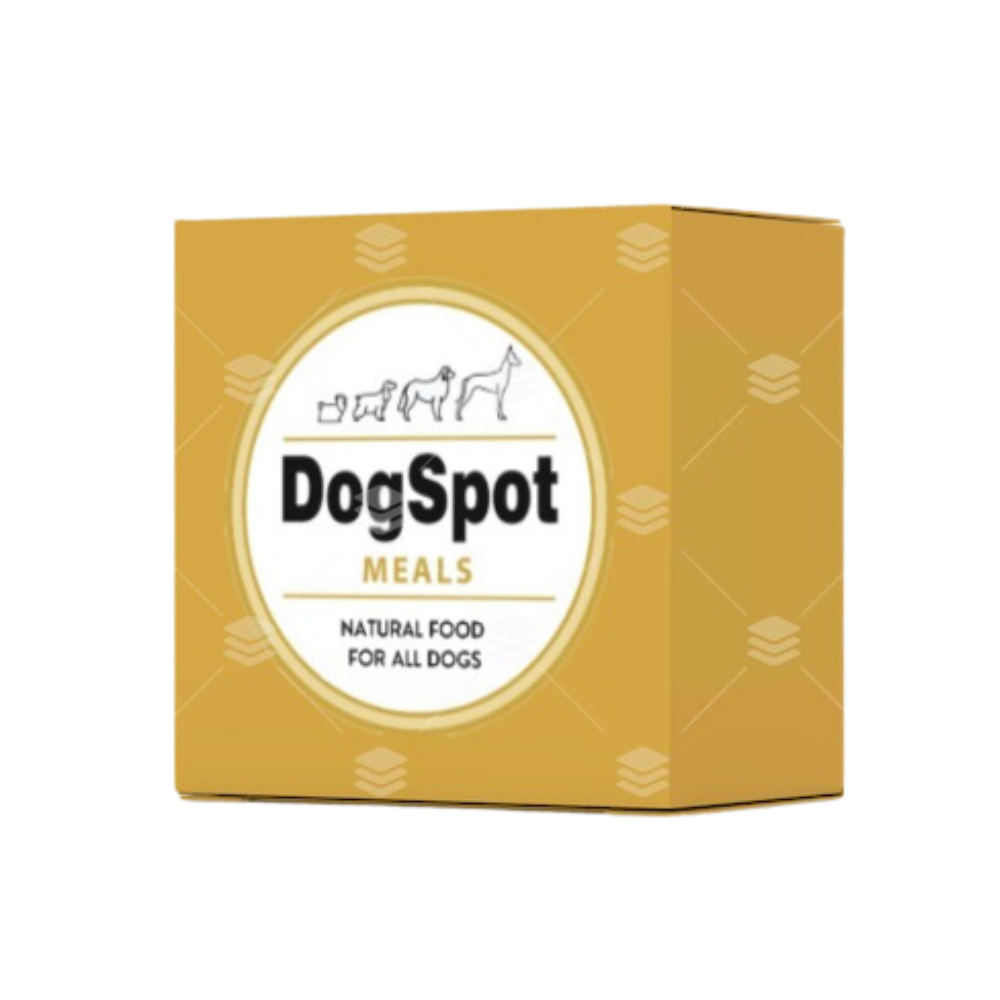
Chicken Gravy
-
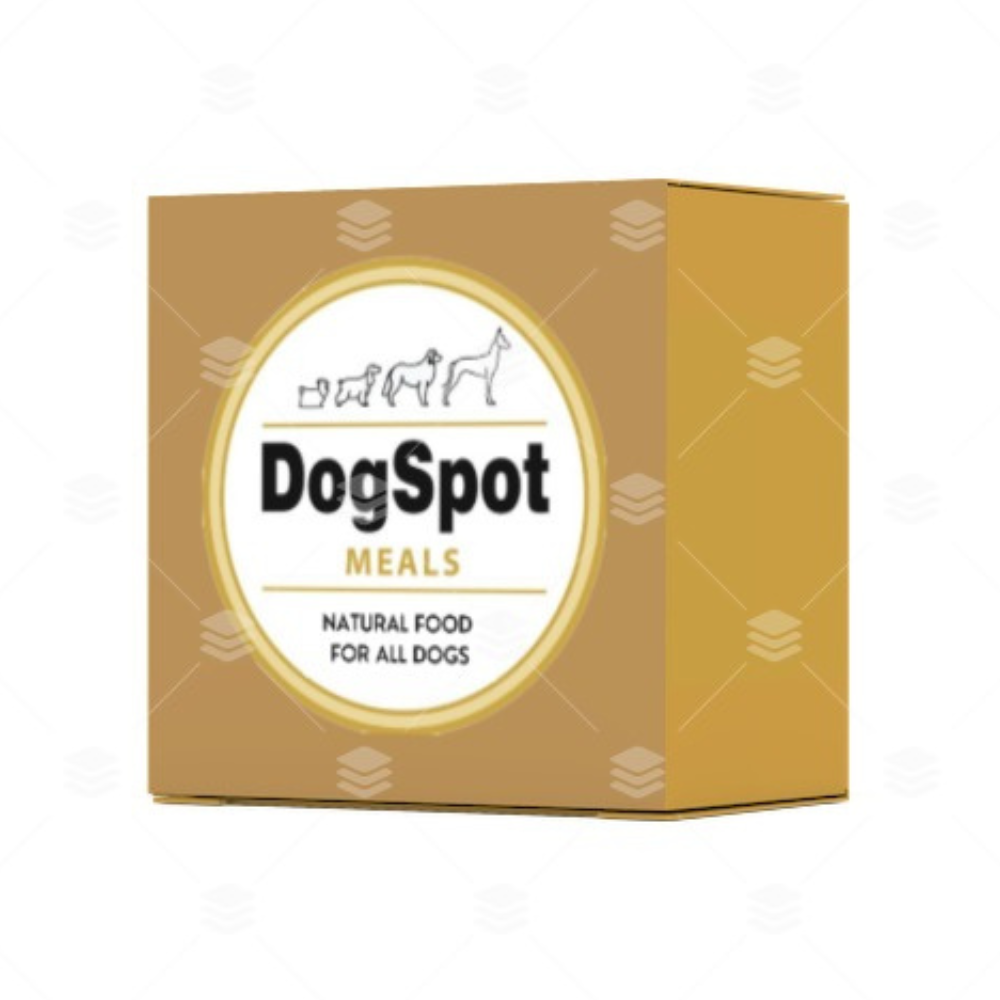
Chicken and Sweet Potato
Featured collection
-
Chicken and Rice with Goodness of Curcumin - Trial Pack
Regular price From Rs. 279.00Regular priceUnit price / per -
Chicken and Rice with Goodness of Curcumin - Food for Large Breed
Regular price From Rs. 2,749.00Regular priceUnit price / perRs. 2,749.00Sale price From Rs. 2,749.00 -
Chicken and Rice with Goodness of Curcumin - Food for Medium Breed
Regular price From Rs. 1,499.00Regular priceUnit price / perRs. 1,499.00Sale price From Rs. 1,499.00 -
Chicken and Rice with Goodness of Curcumin - Food for Indie-Special Breed
Regular price From Rs. 1,899.00Regular priceUnit price / perRs. 1,899.00Sale price From Rs. 1,899.00

100% Money Back Guarantee
We give 100% money back guarantee. If your pet doesn't eat the food we will take the food back and refund the money.
Multicolumn
-
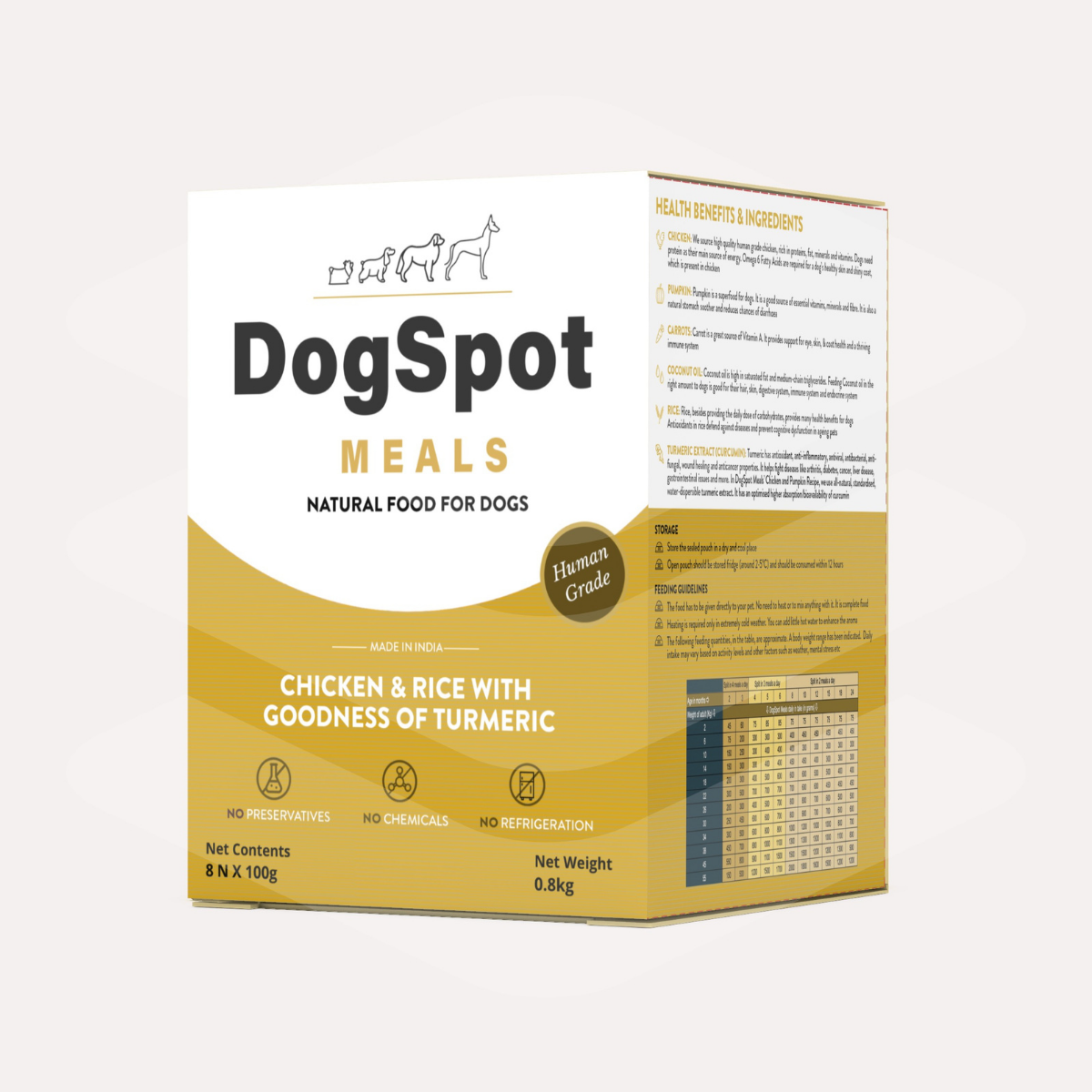
Chicken and Rice
-
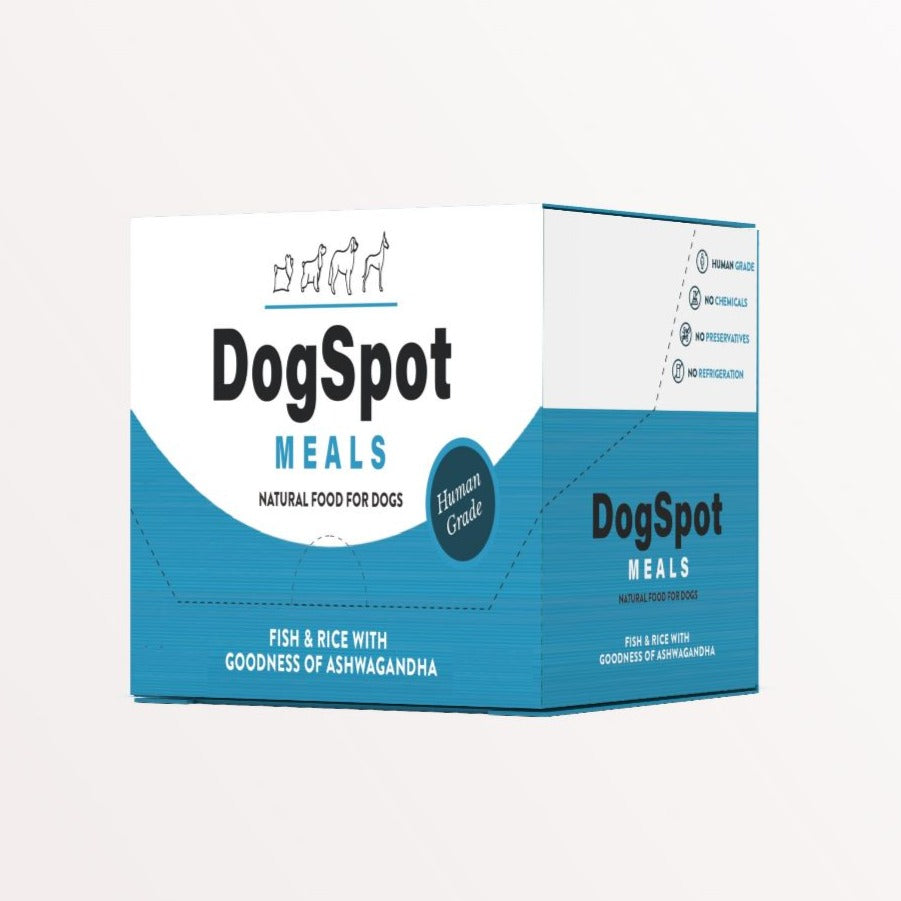
Fish and Rice
-

Chicken Gravy
-

Chicken and Sweet Potato
Chicken and Sweet Potato

